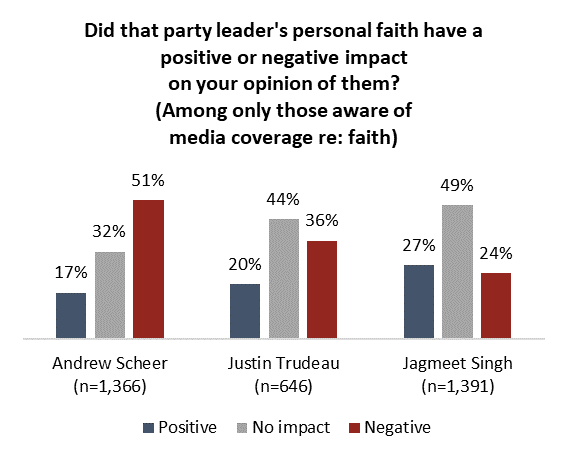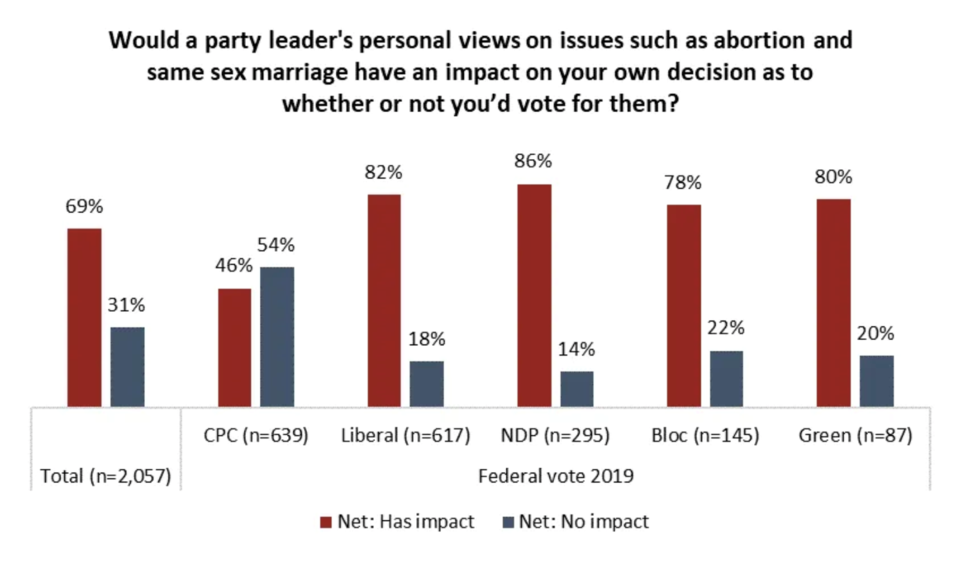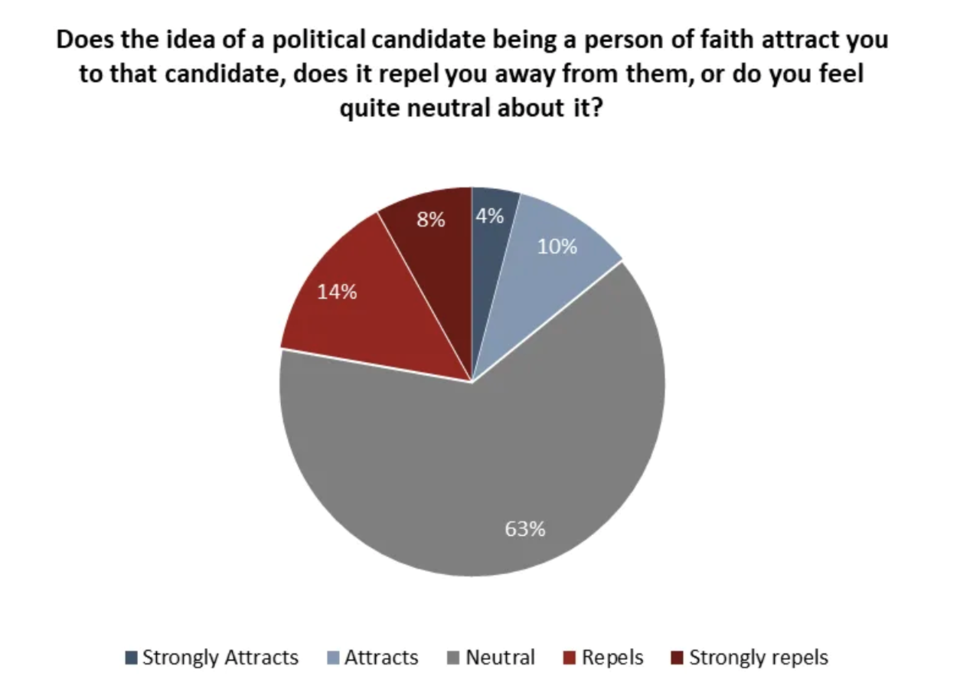Just how big a role religion played on the campaign trail has been a major subject of debate following the Tory defeat in October’s federal election.
At the national level, CPC leader Andrew Scheer has been assailed — both from inside and outside his party — for failing to sufficiently satisfy voters that his personal views on issues such as abortion and gay marriage, rooted in his Catholic faith, wouldn’t direct his public policy.
Dozens of Tory candidates from across the country have also been under the microscope after two anti-abortion groups collectively endorsed 60 candidates in the election, 45 of whom (all members of the CPC) were eventually elected, as first reported by Star Metro Vancouver.
Here in the Tri-Cities, Tory candidates Nicholas Insley and Nelly Shin attended an anti-abortion presentation at Coquitlam’s Westwood Community Church led by Alissa Golob, an anti-abortion activist and founder of the action group Right Now, which advocates overhauling abortion laws in Canada.
While Insley narrowly lost to his Liberal opponent, Ron McKinnon, Shin flipped blue her riding of Port Moody-Coquitlam in a three-way race that turned out to be the closest in the country.
But just how much did her success have to do with her social conservative views?
In a recent poll looking at how a political leaders' faith helps or hinders them, the Angus Reid Institute, in partnership with the non-partisan, faith-based think tank Cardus, found faith alone didn’t provoke negative reactions among voters; rather, how a leader approached and handled their faith on the campaign trail played a much bigger role.
When comparing the way Andrew Scheer approached his Catholic faith with how NDP leader Jagmeet Singh presented his orthodox Sikh beliefs, nearly twice as many respondents said Scheer’s religious beliefs had a negative impact on their views of him (51% versus 24% for Singh).

The importantce of how a party's leader vied such controvercial issues such as abortion and same sex marriage varied by party, with Tory supports nearly split and supporters of all other major parties overwhelmingly saying that a leaders views on such issues does have an impact.

When it comes to public discussion on political leaders’ religiosity, Canadians are divided, according to the poll: 55% say the issue should be off limits for the media while 45% say it’s fair game.
Canadians were also divided when asked whether they tended to believe political leaders' assurances that they would keep their political views out of politics; 27% said they wouldn’t believe them, 32% said they would and 41% said they have doubts.
While 62% of Canadians said freedom of religion makes Canada a better country, 53% said reducing religion in public life is a sign of progress, according to the poll.
In the end, nearly two-thirds (63%) if those polled said it doesn’t matter to them whether a political leader is religious or not, with only 22% saying faith in a leader repels them and 15% saying it attracts them.

The survey was conducted from Oct. 24 to Nov.1 and polled a randomized sample of 2,057 Canadian adults with a margin of error of +/- two percentage points.



